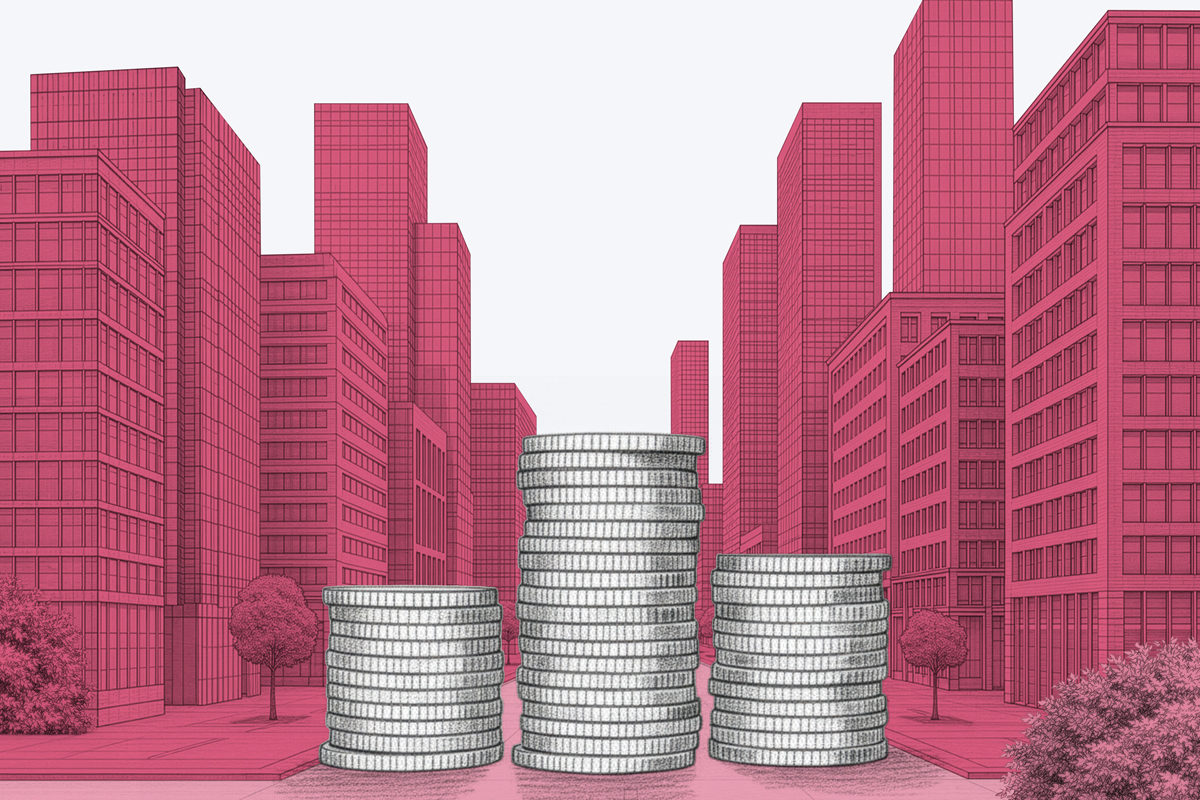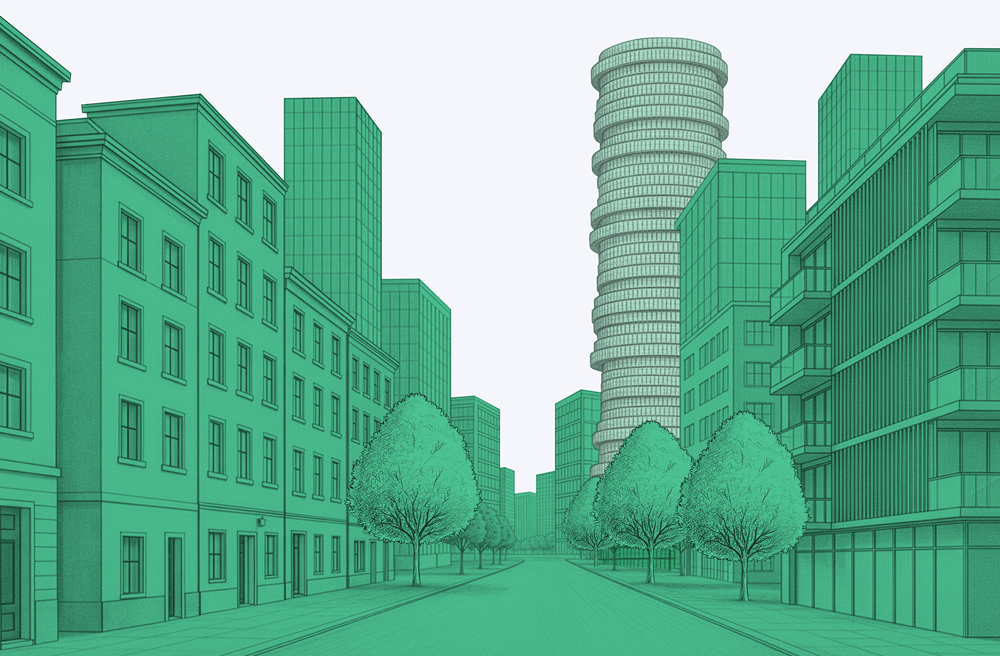Benefits of Asset Tokenization
But what exactly are the benefits of asset tokenization? Some of these advantages can be summarised as follows:
- Fractionalisation
- Greater liquidity
- Increased transparency
- Lower transaction costs
Each of these benefits will be explained in more detail below.
Fractionalization
Tokenisation allows assets to be divided into smaller portions which means that investors can buy and sell fractions of an asset, rather than having to buy the whole asset. For example, instead of buying an entire real estate property, investors can purchase a percentage of ownership in the property. This opens up investment opportunities to a wider range of investors, including those who may not have enough capital to buy an entire asset.
Another benefit of fractionalization is that it allows for more flexible ownership structures which can be better tailored to the investors, in turn increasing the appeal of the investment.
Lastly, the fractionalization of assets can also be beneficial for community building, in the case of valuable art for example. Instead of having a single owner, it becomes a community-owned asset which can increase both the appeal and value of a physical asset. Who wouldn’t want to own part of the Mona Lisa?
Greater liquidity
Tokenization makes assets more accessible and tradable on a blockchain, which can increase liquidity. In traditional markets, it can be difficult to find buyers and sellers for certain assets. However, by tokenizing an asset and trading it on a blockchain, investors can quickly and easily buy and sell the tokens without needing to go through intermediaries. This can increase the speed and efficiency of transactions, making it easier for investors to enter and exit the market. And unlike traditional asset purchases transactions are instantaneous and seamless.
Furthermore, given that the asset is split up into smaller portions (represented by tokens) the asset becomes an investment opportunity to a wider range of investors, increasing liquidity even further.
It is important to note though that this is not the case for every type of asset depending on the jurisdiction in which the physical asset resides. Token transactions may still be subject to rules and regulations which can make the buying or transfer process equally inefficient as the regular process, and possibly even more cumbersome in some cases.
Increased transparency
Tokenization can make it easier to track ownership and movement of assets, as all transactions are recorded on a blockchain. This increases transparency and reduces the risk of fraudulent activity, as ownership of the asset is easily verifiable. Additionally, since all transactions are recorded on the blockchain, it is easier to audit the history of the asset (and tokens). Thus, this can be important for compliance and regulatory purposes.
This can also be beneficial for tracking the provenance of certain assets, as the digital twin can contain the full history of the physical asset.
Lower transaction costs
Generally speaking, tokenization can reduce the costs associated with buying, selling, and managing assets. By removing the need for intermediaries like brokers and custodians, tokenization can significantly reduce transaction fees. Additionally, tokenization has the potential to make it easier to manage assets. All ownership and transaction data is stored on the blockchain, reducing administrative and legal costs associated with traditional asset management.
It is important to mention however that the tokenization process can also increase costs if the stakeholders want greater trust and transparency before, during, and after the tokenization process.
Final Thoughts
Asset tokenization is reshaping traditional finance by enabling fractional ownership, increased liquidity, and transparent transactions. As more businesses explore tokenization, platforms that provide secure asset management, governance tools, and open finance solutions will be key in driving adoption. By bridging traditional assets with decentralized finance, tokenized assets offer a more efficient, scalable, and inclusive financial future.
Updated on 14/03/2025: This article has been revised for structure.







